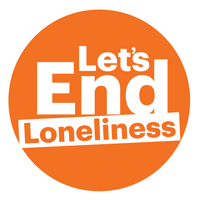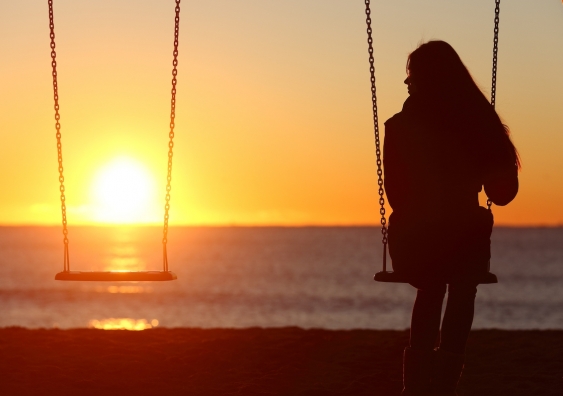Many parts of our daily lives have changed since the beginning of the COVID-19 pandemic. For some, there was a silver lining to saying goodbye to the office and culling events from our social calendars. But even the most introverted of us would admit we were feeling lonely sometimes.
Indeed, the research emerging now is confirming that loneliness did increase during the pandemic. But loneliness was a pressing issue worldwide, even before we were cut off from many of our social connections by the pandemic. One estimate says that one in four adults feel lonely three or more days a week.
“Our interaction with the world is shaped by the fact we are designed to be socially connected to others,” says Associate Professor Lisa A. Williams, a social psychologist from the School of Psychology, UNSW Science. “When we don’t have that, it can be just as distressing and maladaptive as not securing any other fundamental need.”
As social beings, the need to belong is as fundamental as water, food, shelter and safety. Many psychological processes are oriented around our desire to belong. It’s why we pay more attention to social situations and are particularly sensitive to social rejection.
“As a society, we’re improving at recognising the importance of self-care practices. The next step is being more intentional about checking in about whether our social needs are being met,” A/Prof. Williams says.
Read the full article in UNSW Newsroom here.
If you are feeling lonely and needing to talk to someone, visit our Get Help Now page for contact details of New Zealand organisations that can help.

